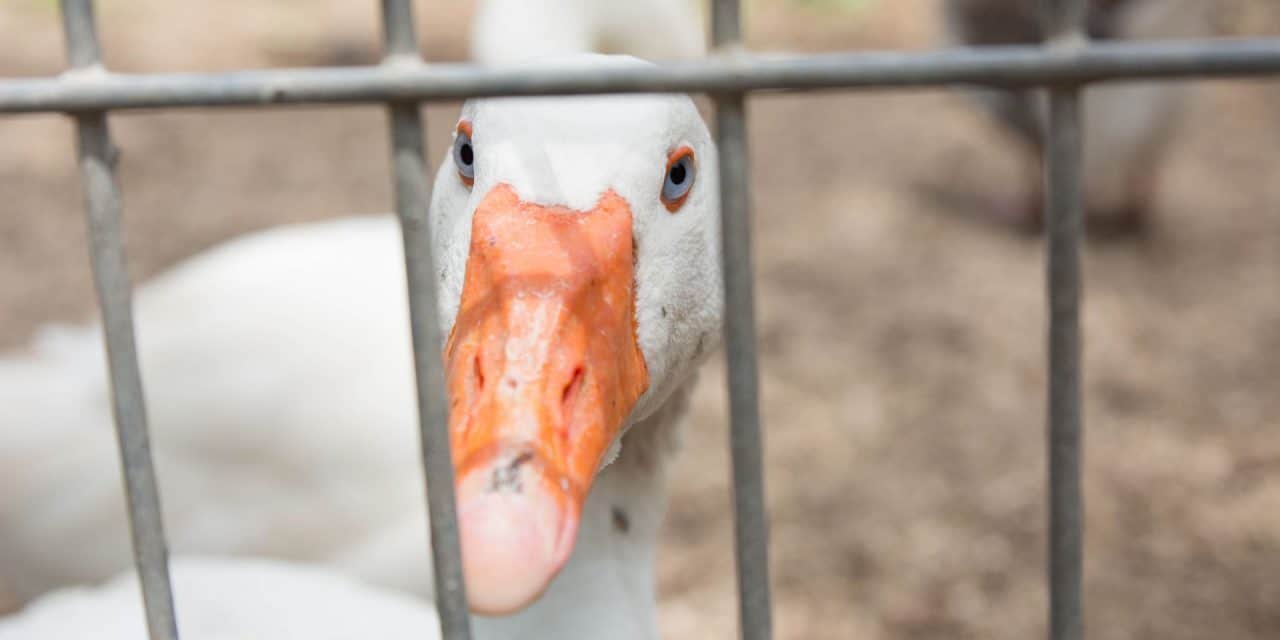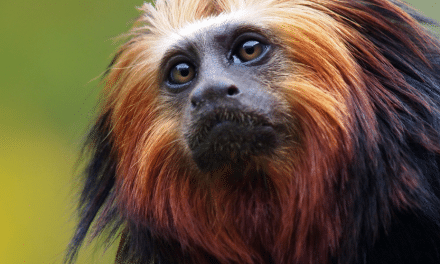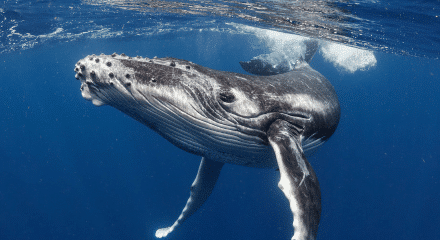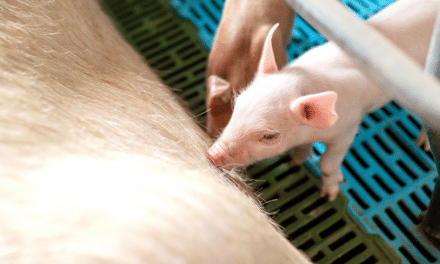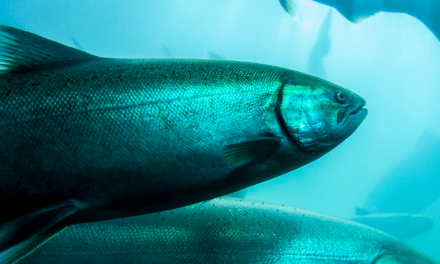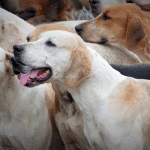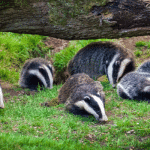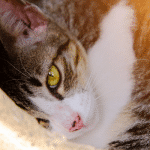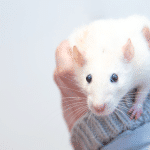By Dr. Eugénie Duval, Lecturer, Essex Law School
Despite recent calls by animal welfare organizations, a ban of foie gras import seems to no longer be on the agenda after the UK government backtracked on this topic. This ban was originally included in the Action Plan for Animal Welfare along with, inter alia, a ban on the import of fur and hunting trophies or the export of live animals.
Although not explicitly banned, foie gras is not produced in the UK, and has been considered illegal since the Animal Welfare Act 2006. However, the country still imports approximately 200 tonnes of foie gras every year, mostly coming from France. The latter is undeniably the ‘home’ of foie gras (with 14,600 tonnes of foie gras produced in 2020), an emblematic ingredient of fine ‘French cuisine’ considered as a delicacy and consumed by many French families. According to French Law, “foie gras is part of the cultural and gastronomic heritage protected in France”. However, foie gras, which is produced by force-feeding (‘gavage’) ducks or geese, is controversial even in France, where 60% of respondents to a survey supported a ban of force-feeding.
Force-feeding starts when birds are about 12 weeks of age. For 12 to 15 days, they are force-fed two or three times daily with a feeding tube (15 to 25 cm long). This practice aims at providing birds with a large amount of high-fat maize mash in a short period of time so that they are forced to build fat reserves. During this phase, animals are kept indoors in cages, either individually or in small groups. At the end of the force-feeding period, duck’s livers can increase in size by up to 10 times the size of a normal liver.
According to a report published in 1998 by the Scientific Committee on Animal Health and Animal Welfare, the practice of force-feeding poses a threat to the welfare of ducks and geese raised for foie gras production. Force-feeding is an aversive procedure which may cause several health issues; in the worst cases, it can lead to the animals’ death (for example because of liver failure, throat injuries, or heat stress). There is evidence that ducks raised for foie gras show higher mortality rates compared with other duck production systems. However, animal welfare concerns do not start when animals die. Force-feeding also severely impairs animals’ ability to behave normally, by depriving them of normal feeding behaviours as well as eliminating any control of what they eat, how, and when. Housing conditions are also problematic. To be force-fed, animals need to be easily accessible, making the use of barren environments such as cages an imperative. This impairs birds’ freedom of movement and prevents them from displaying motivated behaviours such as bathing. This explains why several scientists have called for the practice to be stopped and for alternatives to be explored [1].
These calls have been heard by most EU countries and also elsewhere in the world. However, in most countries, only production – not import and sale – of foie gras is banned. Apart from the EU Organic Regulation which explicitly bans force-feeding, foie gras production is legal in the EU, even though it contrasts with the 1998 farm animals directive stating that “no animal shall be provided with food or liquid in a manner […] which may cause unnecessary suffering or injury”.
One year after calling for a ban on “the cruel and unnecessary force-feeding of ducks and geese for the production of foie gras”, the European Parliament made a U-turn in February by adopting a report that presented foie gras production as somehow respecting animal welfare and “animal’s biological parameters”, whatever this may mean.
Alternatives to force-feeding are being explored. However, more research is needed to determine if they are truly improvements when it comes to animal welfare. Currently, foie gras produced without force-feeding cannot be sold as such in France: French Law limits the use of the foie gras name only to livers “specifically fattened by force-feeding”. Such precision does not exist in the EU Regulation, which only requires minimum liver weights for foie gras denomination. However, note that these minimum weights can only be reached by force-feeding [2]. This explains why some are calling to remove the minimum liver weights in the EU Regulation and the mention of force-feeding for foie gras denomination in French Law [3].
Now that the UK has left the EU, a ban on the import and sale of foie gras could be adopted, especially if the UK aims to become a “global leader” on animal welfare. This ban could help the government finally deliver on the promise “to take advantage of our status as an independent nation outside the EU to go further in protecting our animals”.
[1] See for example: Rochlitz and Broom, “The welfare of ducks during foie gras production”, Animal Welfare, 2017; Skippon, “The animal health and welfare consequences of foie gras production”, The Canadian Veterinary Journal, 2013; Duncan, “The Scientific Case Against Foie Gras”, BCSPCA, 2009.
[2] Rochlitz and Broom, “The welfare of ducks during foie gras production”, Animal Welfare, 2017.
[3] See for example the position of Eurogroup for animals; see also the bill introduced last year in France.
About the author

Eugénie Duval has a PhD in Law (University of Caen Normandie, France) and is a Lecturer at the University of Essex. Her primary research focus is in Animal Law, especially on farm animal welfare regulations. Prior to her position as a Lecturer, she was a Visiting Postdoctoral Researcher at the Animal Welfare Program (University of British Columbia, Canada).

